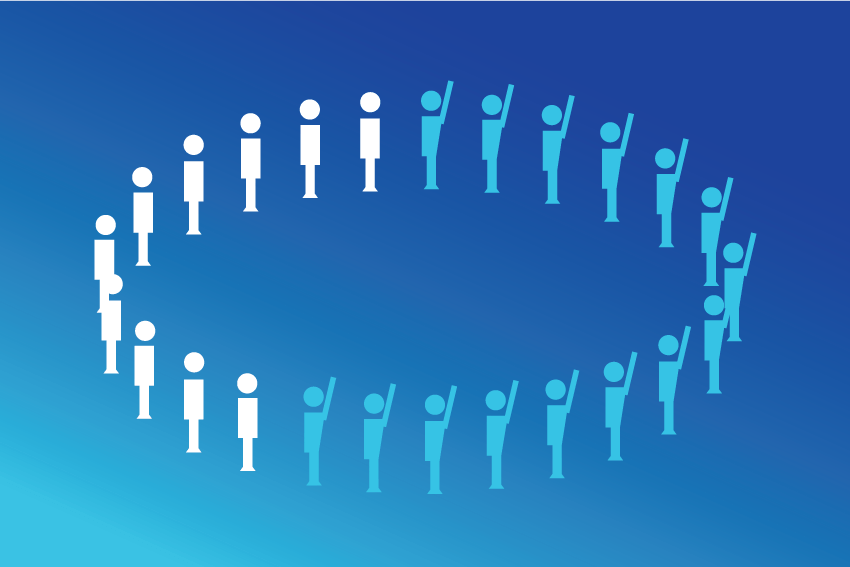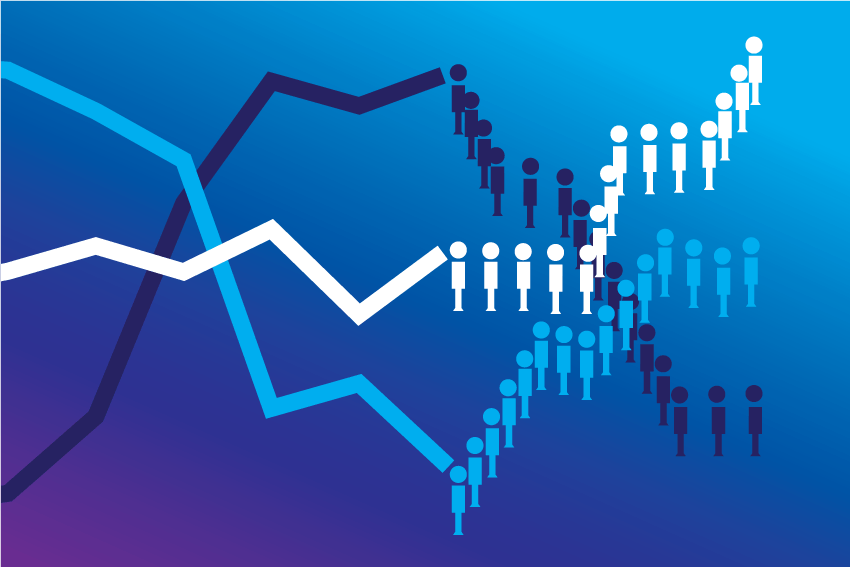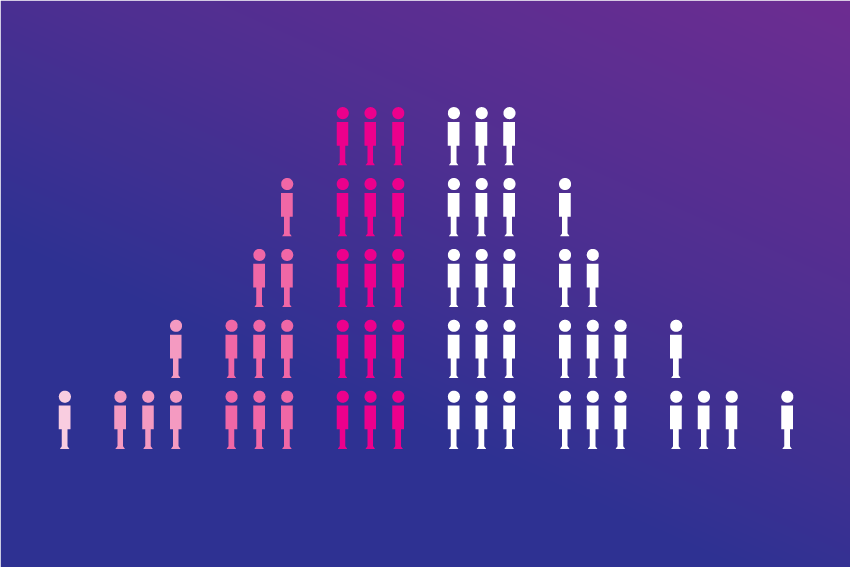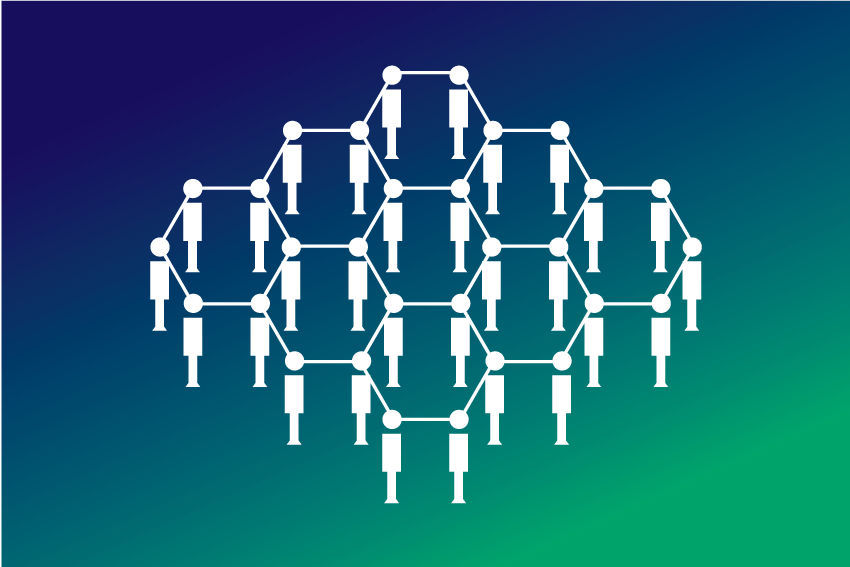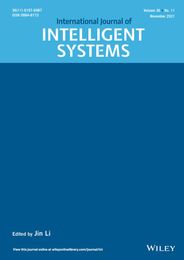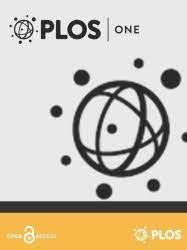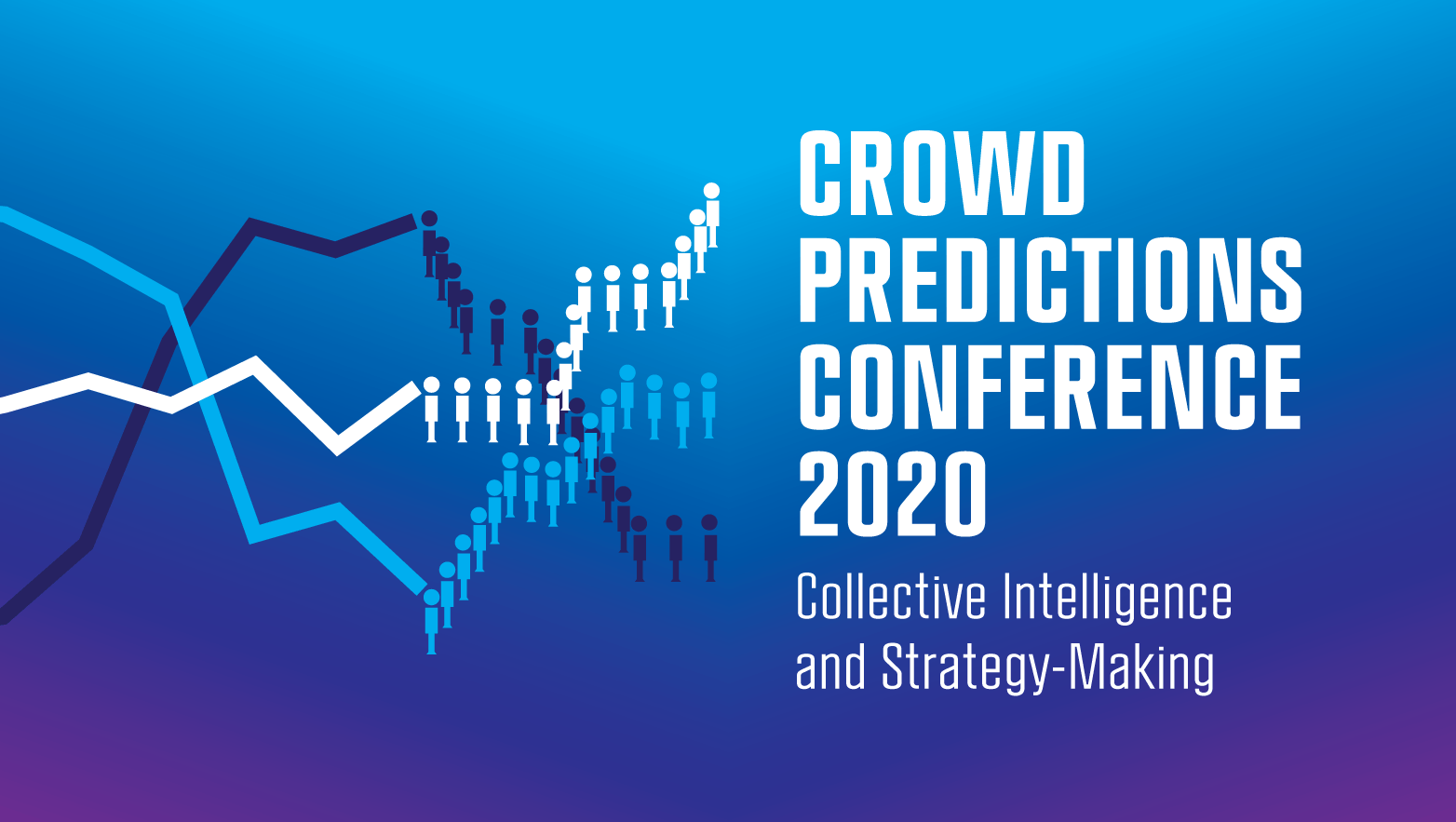Why the Collective Intelligence Research Group?
The ITU Collective Intelligence Research Group investigates how human minds and computers work together as a foundation to develop new decision support systems for organizations, governments, communities, and society.
Collective Intelligence is an emergent science that is undergoing considerable growth due to noticeable advancements in digital collective intelligence technologies and artificial intelligence. The aggregation of insights from diverse and well-informed groups of people combined with CI technologies and AI has been shown to bring the collective tacit knowledge and leading intuitions of crowds to light, thereby providing decision-makers with new decision tools.
Projects
Collective Intelligence and AI for Policy-Making.
The Open Local Government Project (2019–2023).
Learn more
Crowd Predictions for Strategic Decision-Making
A Danish Industry Foundation Project (2017–2020).
Learn more
Recent Featured Publications
Editorial Work
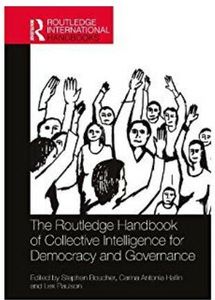
Ranking: (A) publisher Routledge, Taylor and Francis
By Stephen Boucher, Carina Antonia Hallin and Lex Paulson.
The Routledge Handbook of Collective Intelligence for Democracy and Governance.
The Routledge Handbook of Collective Intelligence for Democracy and Governance explores the concepts, methodologies, and implications of collective intelligence for democratic governance, in the first comprehensive survey of this field.
Illustrated by a collection of inspiring case studies and edited by three pioneers in collective intelligence, this handbook serves as a unique primer on the science of collective intelligence applied to public challenges and will inspire public actors, academics, students, and activists across the world to apply collective intelligence in policymaking and administration to explore its potential, both to foster policy innovations and reinvent democracy.
The Routledge Handbook of Collective Intelligence for Democracy and Governance is essential reading and an authoritative reference for scholars, students, researchers and practitioners of public policy, public administration, governance, public management, information technology and systems, innovation and democracy as well as more broadly for political science, psychology, management studies, public organizations and individual policy practitioners, public authorities, civil society activists and service providers.
Preorder now on
Amazon.
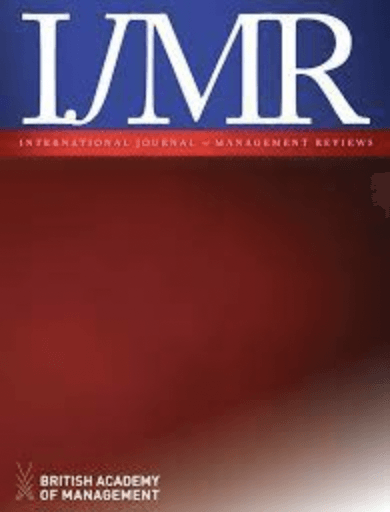
Impact factor: 13.419
Ranking: 2/153 (Business) 3/226 (Management)
By Flore Bridoux, Victor Zitian Chen, Carina Antonia Hallin, Michael A. Hitt, Marc van Essen, Weihua Zhou (2021/2022).
Grand Synthesis: Unifying the Fragmented Science of Business for All Stakeholders.
The current technologies, outlets, and incentives of business and management scholarship have been incapable of solving such a complex social problem (Chen & Hitt, 2021). Since Gordon and Howell (1959) and Pierson (1959), later reinforced by Porter and McKibbin (1988), the business and management scholarship has been rewarding incremental research that develops and tests coherent hypotheses of interest from a simplified view of complex problems. This reductionist approach is perpetuated by discipline boundaries, peer pressures for granular specialization, limited space, scope, and frequency of periodical outlets such as journals, and lack of diversity in scholarly incentives. As a consequence, both managers and researchers face a knowledge fragmentation conundrum. The literature, data, and communities for different stakeholder values are becoming increasingly fragmented, distributed into silos, and disconnected. It has become exceedingly difficult to develop complete, explanatory frameworks connecting all the knowledge silos, because the effects across these silos and their interrelatedness (e.g., complementarity) are poorly understood. There are an increasing number of specialists and experts focusing on different topics piecewise, but limited solutions to the complex whole.
International Journal of Management Reviews - The leading global review journal in Organisation and Management Studies (OMS).
Journal articles
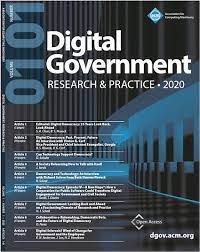
Suran, S., Pattanaik, V., Kurvers, R., Hallin, C. A., De Liddo, A., Krimmer, R., and Draheim, D. (2021). doi.acm.org?doi=3568169 Building Global Societies on Collective Intelligence: Challenges and Opportunities
.
Impact factor: 8.709
Ranking: 12/139 (Computer Science, Artificial Intelligence)
Koren, O., Hallin, C.A., Koren, M., Issa, A. A. (2021). AutoML Classifer Clustering Procedure. Interational Journal of Intelligent Systems.
.
Impact factor: 3.24
Ranking:
9/110
Aminpour, P., Schwermer, H., & Gray, S. (2021).
Do social identity and cognitive diversity correlate in environmental stakeholders? A novel approach to measuring cognitive distance within and between groups.
Public Library of Science, 16(11).
.
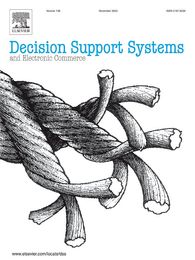
Impact factor: 5.80
Ranking: 4/306 (Information Systems and Management)
Hallin, C. A., Andersen, T. J., & Tveterås, S. (2017). Harnessing the Frontline Employee Sensing of Capabilities for Decision Support. Decision Support Systems, 97, 104-112.


